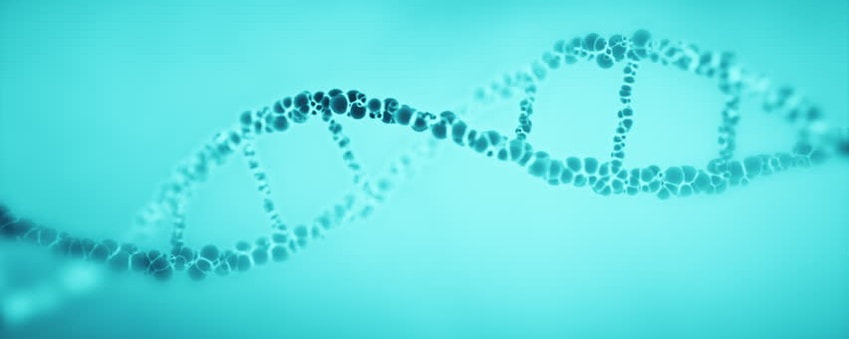 I was asked this question a little while ago. My son has a background in paleogenetics and he persuaded me to do 23andMe a while back. What I have understood from him and from my reading on the subject is that this kind of genome analysis looks for certain SNPs (tiny modifications in particular locations on your chromosomes). On the basis of genetic studies of disease associations in populations, a very small number of these SNPs have been found to be linked with increased or decreased risk for certain health conditions. I did 23andMe a few years ago and I would say that for me, the only useful thing that it did was to identify that I am extremely likely to be lactose intolerant. The health risk analysis (which at the time was not done by 23andMe, but by a third-party web site called Promethease.com, due to FDA regulations) gave me a long list of SNPs (single nucleotide protein modifications) along with a complex assessment of relative risks for various health conditions and likelihood of responding to various medications. It also told me that I am of European descent (which I knew) with 2.7% Neanderthal DNA (which I didn’t know, but is like most Europeans). However, the key thing to bear in mind is that the disease tendencies are only probabilities and not destiny. Some of the studies they work from have turned out to be unreliable when further research was done, so this is far from 100% sure or accurate. It’s just probabilities. And it’s complicated - certain SNPs in your genome may give you a 10% increased risk of developing a certain disease compared to the rest of the population (where the risk may already be very low) but you may also have other SNPs that give you a decreased risk of 15% for the same condition. And geneticists are very far from identifying all the SNPs with disease risk or protection. Plus, they don’t know how they may interact. Also, you may have a gene for a certain characteristic, but it may not be “switched on,” so it won’t be doing anything. This is “epigenetics” and this is where nutrition and lifestyle are so important, as nutritional factors can alter the expression of genes. SNPs are like misprints in the 4 letters that make up the genetic “alphabet.” Your DNA is composed of long sequences of four proteins (abbreviated to A T, C and G), which are attached to the double helix structure of the DNA molecule; they carry coded information for the production of proteins in your cells. They are attached in pairs, one half of each pair on each side of the double helix. A attaches to T, and C attaches to G. When reproduction takes place, the two strands of the helix separate, duplicate and then recombine, so you get one half from your mother and one from your father. In this duplication process, sometimes mistakes are made, so chunks of DNA may end up in a different place, or be duplicated, or letters may be changed, a bit like typos in a document. Some of these changes are associated with risks for certain health conditions and genomic testing can identify some of them. See https://www.23andme.com/gen101/snps/ for more information. In short, it’s really complicated, we don’t know enough about it yet, and there is a mistaken tendency to think of your genome as your destiny, which in a way it certainly is, but not in the way it’s tempting to think - i.e. having a particular genetic modification does not mean you are 100% going to develop a particular health condition, except in unbelievably rare cases. If you want to know more, and put genetic testing into context, I would recommend A Brief History of Everyone Who Ever Lived. The Human Story Retold Through Our Genes by Adam Rutherford, which explains very well what your genome can and can’t tell you. Bottom line for me - if you want to spend money on it for academic interest, go for it. But it probably won’t be that helpful in terms of your health, and you might end up worrying unnecessarily.
0 Comments
Leave a Reply. |
Deborah HayesHomeopath, nutritional therapy practitioner, always interested in learning more about health, healing and nutrition. Archives
April 2018
Categories |
 RSS Feed
RSS Feed
